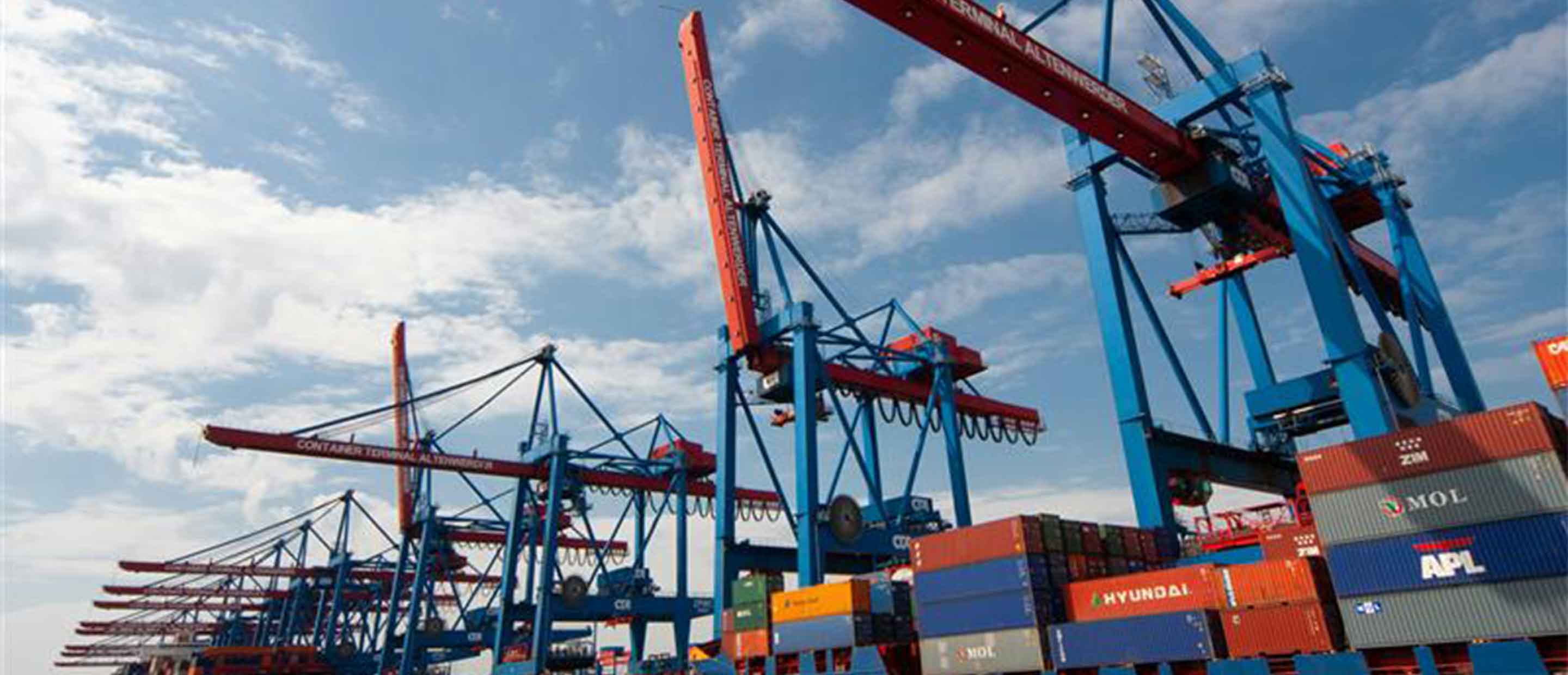Italy’s economy has convincingly weathered the events of recent years and is now a relatively strong performer in a European context.
Financial market developments have reflected this, for example via a tightening of the BTP-Bund spread and outperformance of the FTSE MIB index.
But the country now faces a new set of factors, some supportive and others potentially more disruptive. These include ongoing fiscal developments in Europe and higher US import tariffs.
This new PERSPECTIVES Special – Italy: Moving forward considers their implications for the country’s future development and financial markets.
Key takeaways:
- The shift from an investment-driven expansion to an economy supported mainly by private consumption will pose some challenges ahead.
- US foreign policy initiatives have multiple implications for Italy. Defence spending could provide a European growth boost but the agreed-upon 15% tariff rate between the EU and the US is significantly higher than before President Trump's second term.
- Italian bond spread compression is likely to survive debt sustainability concerns. Sector composition may continue to provide a tailwind for Italian equities.






